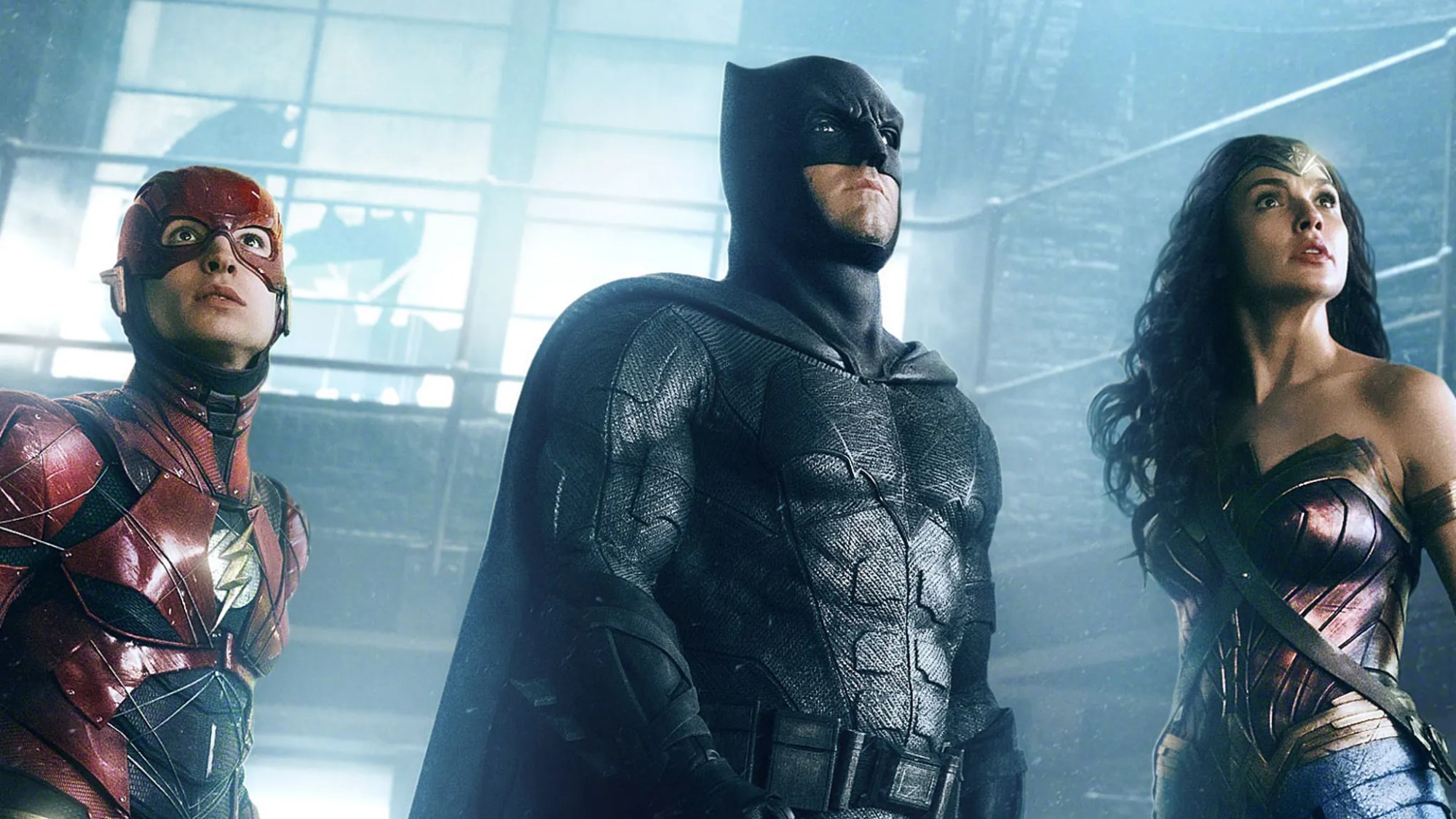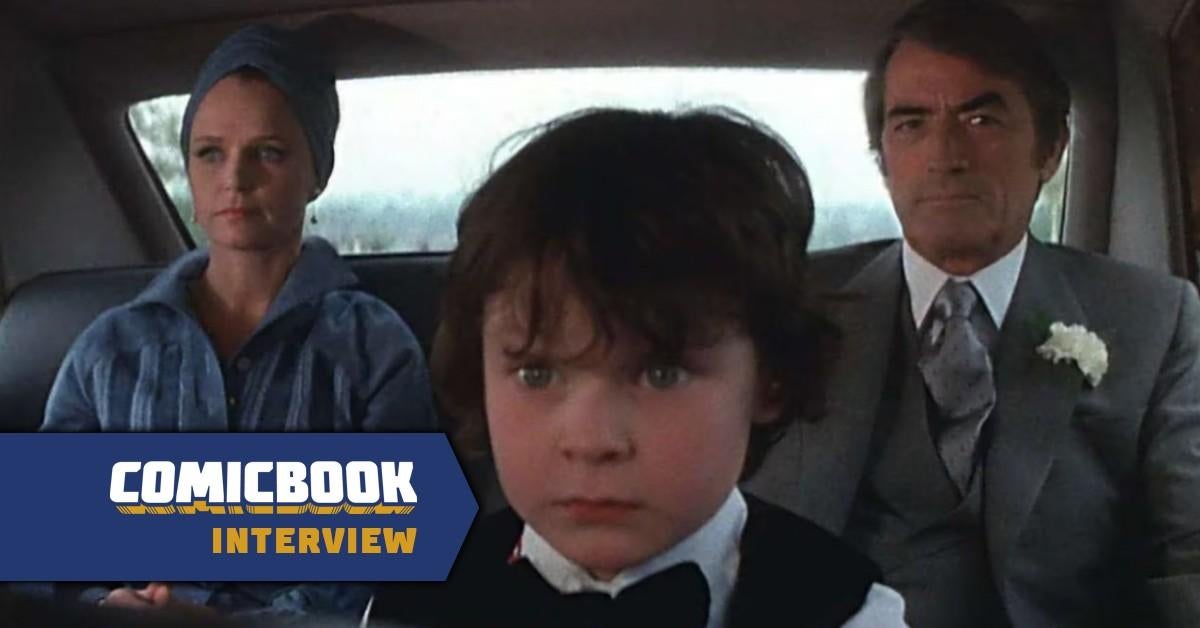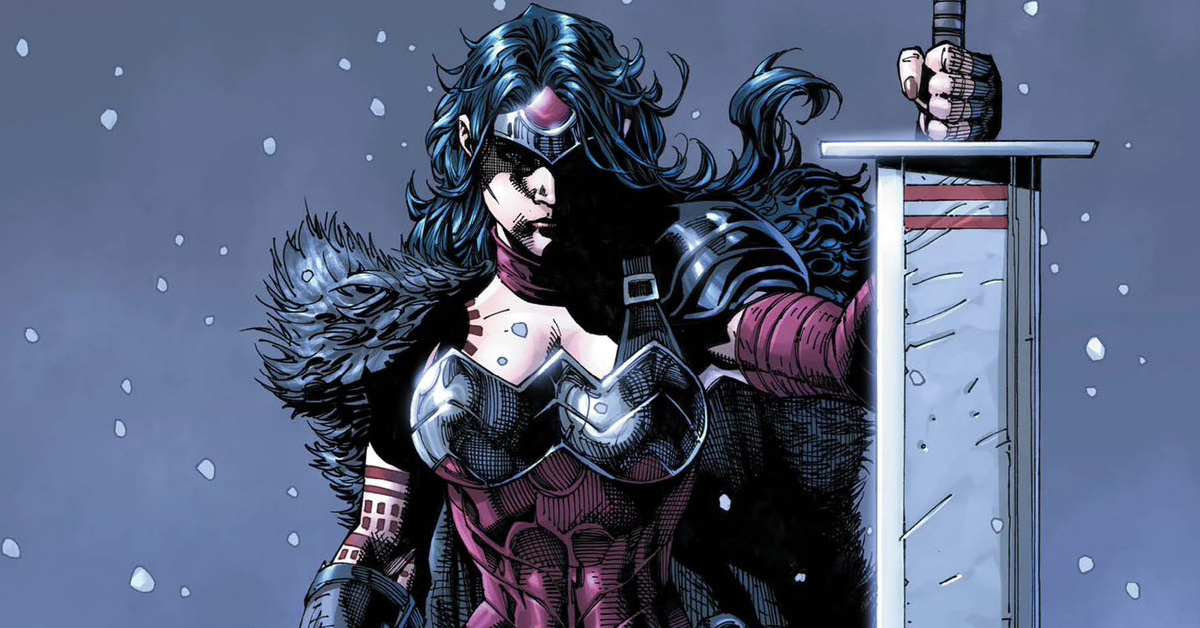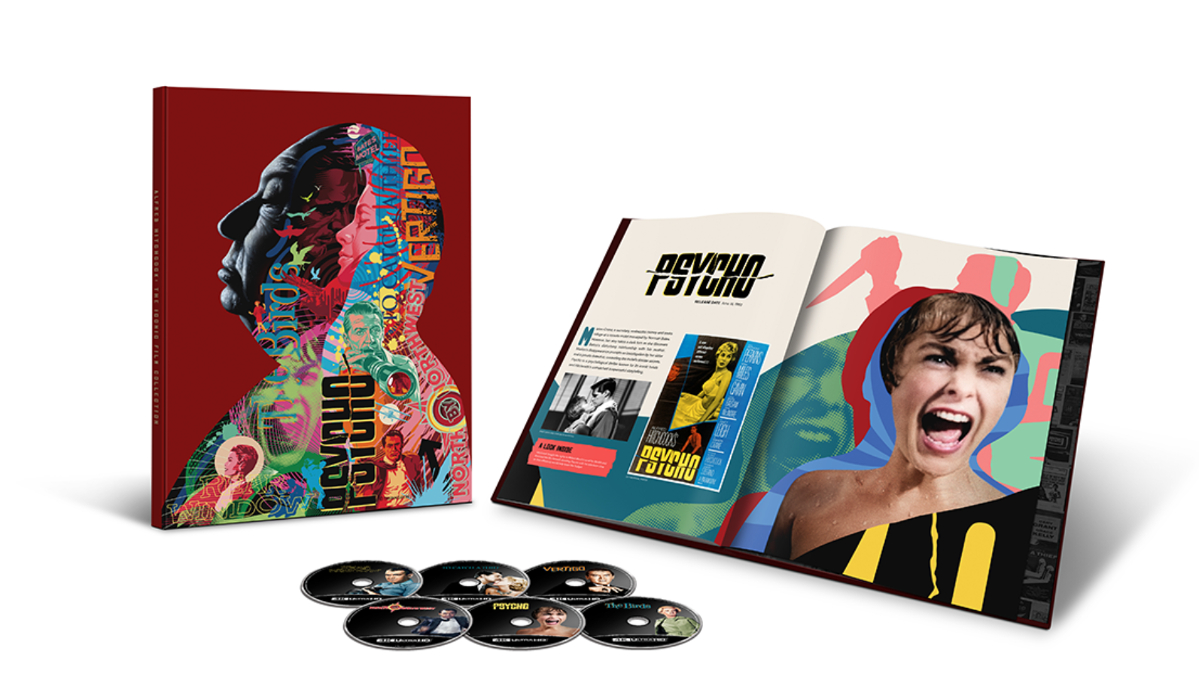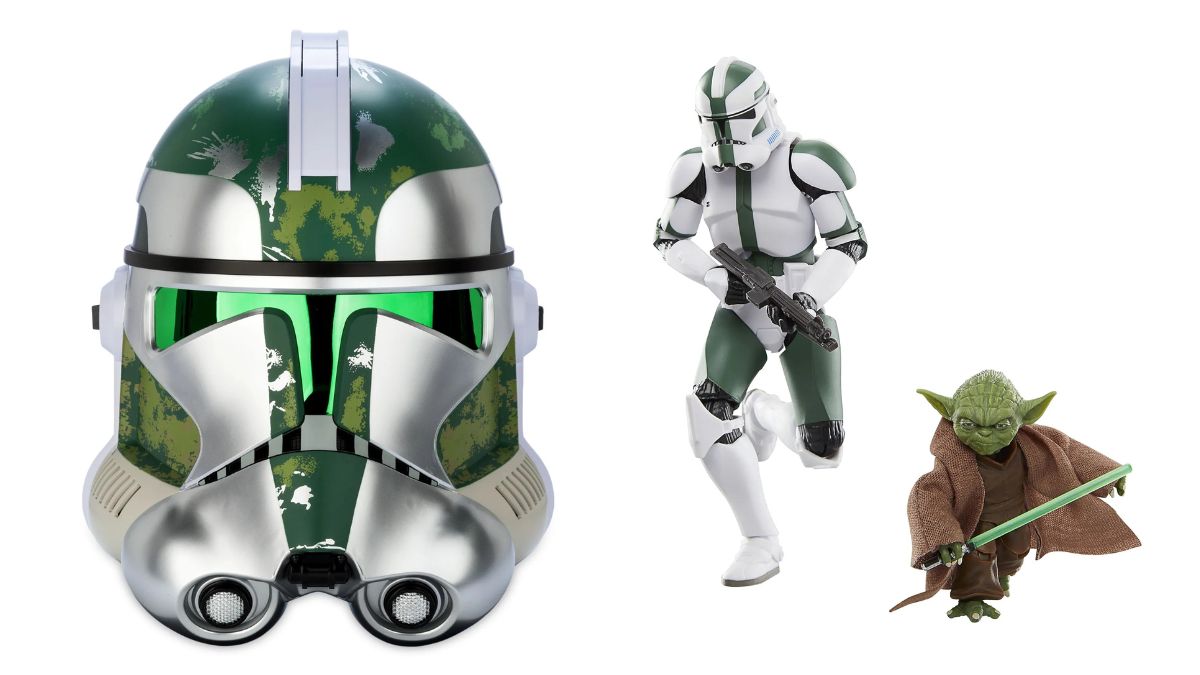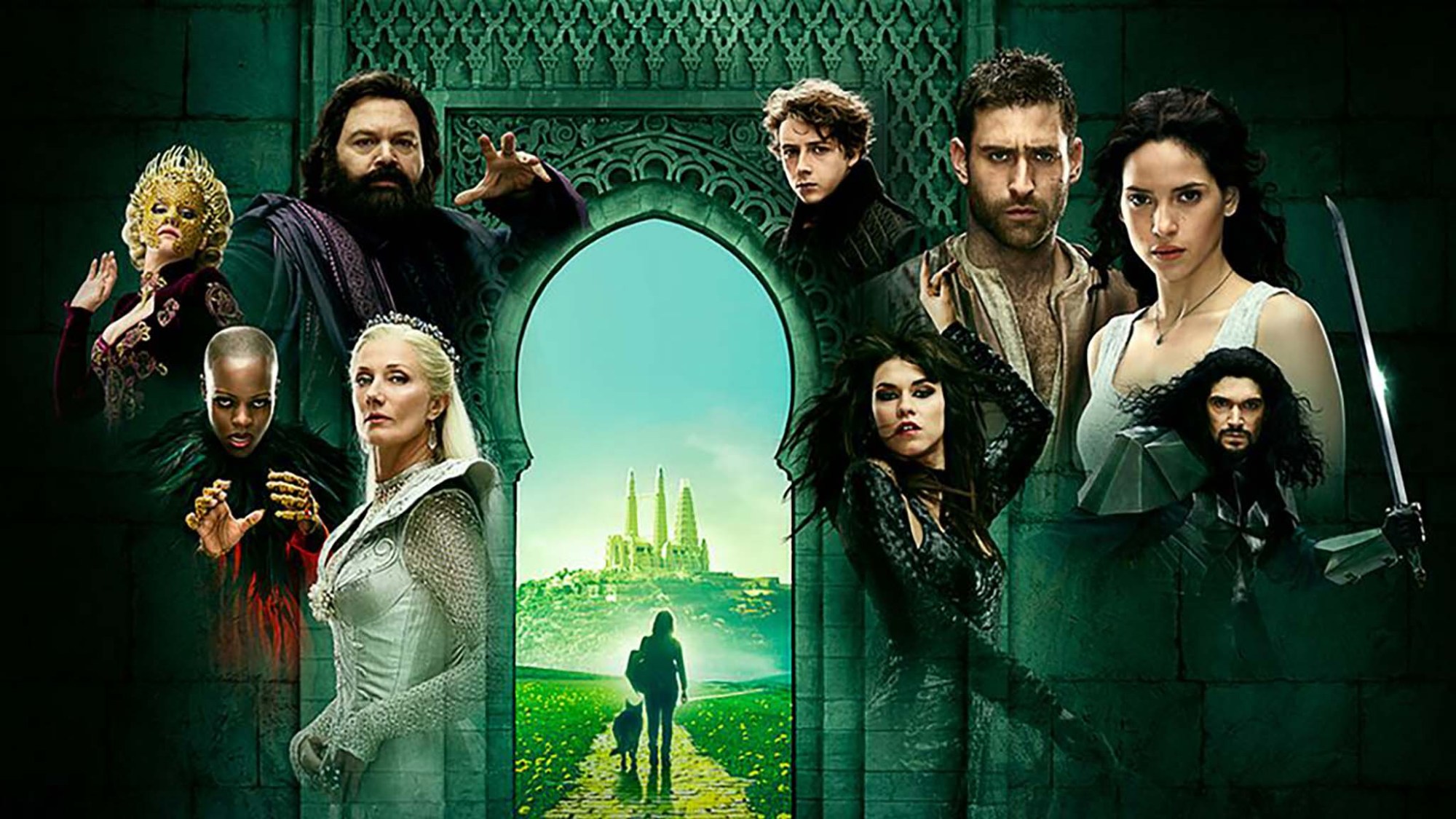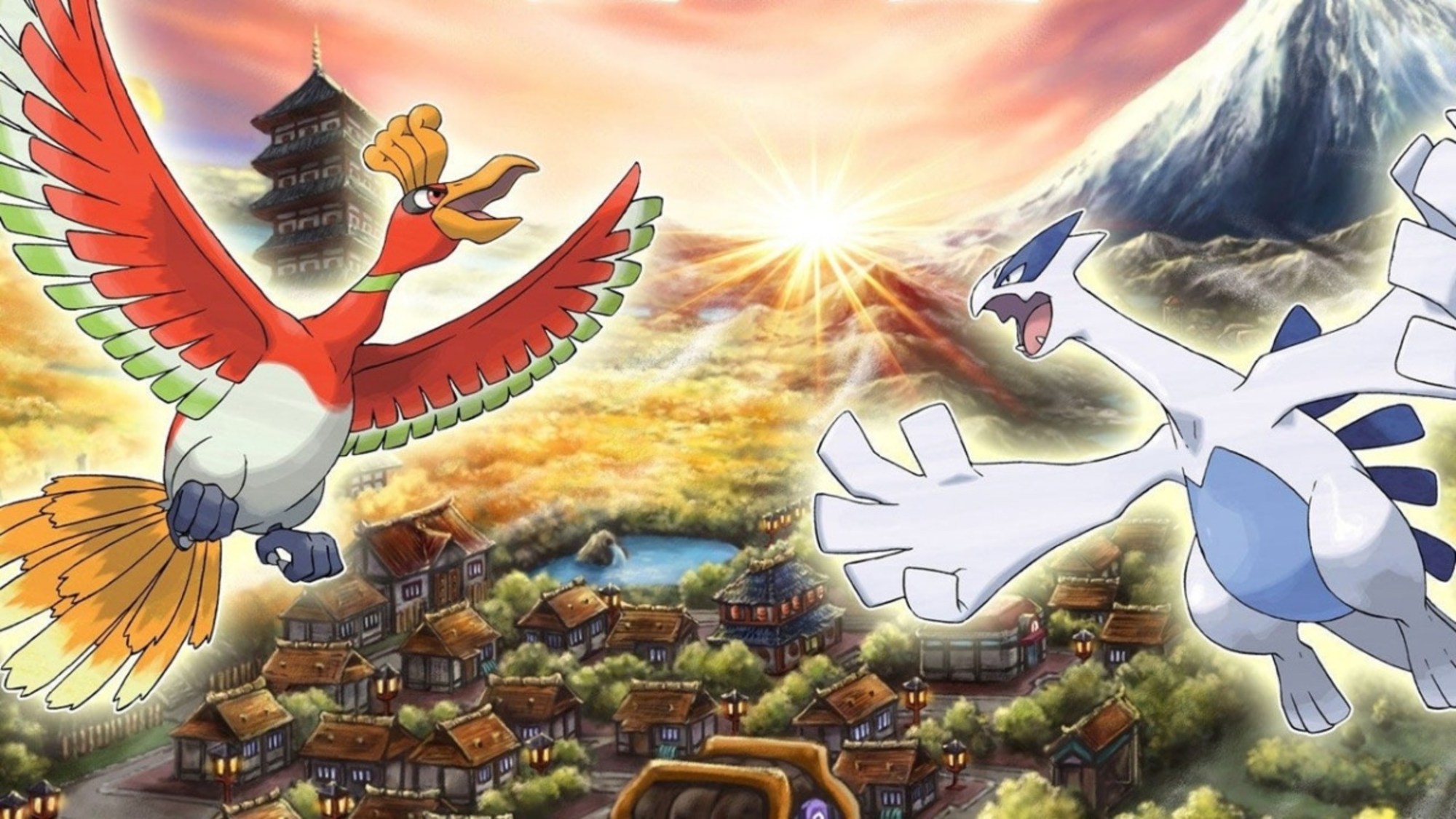Film productions are complex, with thousands of individuals from hundreds of different professions merging their talents to create something that, in the end, audiences will say some combination and variation of “Meh,” “That was great,” or “That was terrible” about. And, given there are so many different people working on one final result, everything needs to function like clockwork for the reactions to skew “That was great” over the other two options. Or, does it?
Videos by ComicBook.com
For the most part, yes. But, as you’re about to see, sometimes a film can survive its troubled or even outright disastrous production. We’re narrowing it down to superhero movies here, but for those who don’t believe an uphill climb of a production can lead to something terrific, just think of Jaws.
Superman II (1980)

Like Superman IV: The Quest for Peace seven years later, Richard Donner’s Superman II faced more than its fair share of difficulties behind the scenes. In fact, it’s tough to call it Donner’s film at all, considering the theatrical version was taken from him. That said, like with Justice League (which we’ll get to later), it ended up getting saved with The Richard Donner Cut.
There was no saving The Quest for Peace, which had its budget gutted mid-shoot and was riddled with many bad ideas to begin with. Superman II, however, is just about as good as a Superman movie can get, with another powerhouse performance from Christopher Reeve, more scene-stealing work by Gene Hackman, and a firm connection to the first film, making it the perfect second half of a double feature. And that’s how the four Reeve Superman movies should be viewed, as a double feature.
Blade: Trinity (2004)

David S. Goyer had written two Blade movies by the time he was given the reigns to Blade: Trinity, but he’d only directed one movie, a low-budget drama called Zig Zag. That film featured Blade‘s Wesley Snipes, so one would assume that the director and actor had a solid rapport by the time they were working on Trinity. That wasn’t the case, because Snipes made Trinity‘s production a living hell.
For one, he didn’t want Goyer as director and, two, he didn’t like the script. Mostly, though, he wasn’t fond of the fact that the financially successful franchise he’d already led twice had suddenly become a three-person show with the additions of Jessica Biel and Ryan Reynolds. The difficulties show in the final film, as do the techniques Goyer was forced to employee to get Snipes’ scenes completed, such as stand-ins and, in one case, CGI eyes.
Iron Man (2008)

If there’s a true success story on this list, it’s Jon Favreau’s Iron Man. Shot without a completed script, the final product could have been an absolute mess. Instead, the looseness of its construction proves advantageous. In fact, the movie works so well in spite of its difficult production that not only did it kick off a franchise, the film kicked off what amounts to the very concept of cinematic universes.
There are any number of ways Iron Man could have gone off the rails. Let’s not forget that, back then, hiring Robert Downey Jr. wasn’t seen as a pathway to success, it was deemed a liability. Thank goodness Favreau stuck to his guns, because the end result is iconic.
Green Lantern (2011)

Director Martin Campbell showed he could direct a truly sublime blockbuster not once but twice with the 007 adventures GoldenEye and Casino Royale. The Mask of Zorro is also a good bit of fun. But, when it comes to superhero films, Campbell himself has acknowledged they aren’t his “cup of tea” and that making the film was a mistake.
And that shows throughout Green Lantern, which plays more as a studio-constructed Frankenstein’s monster more than it does an artist’s vision. Ryan Reynolds is charming as always, and he makes the best of it, but with an overabundance of ugly special effects and a paper-thin script, it ended up being one of the most widely mocked films of 2011. And without a doubt one of its most costly failures.
Fantastic Four (2015)
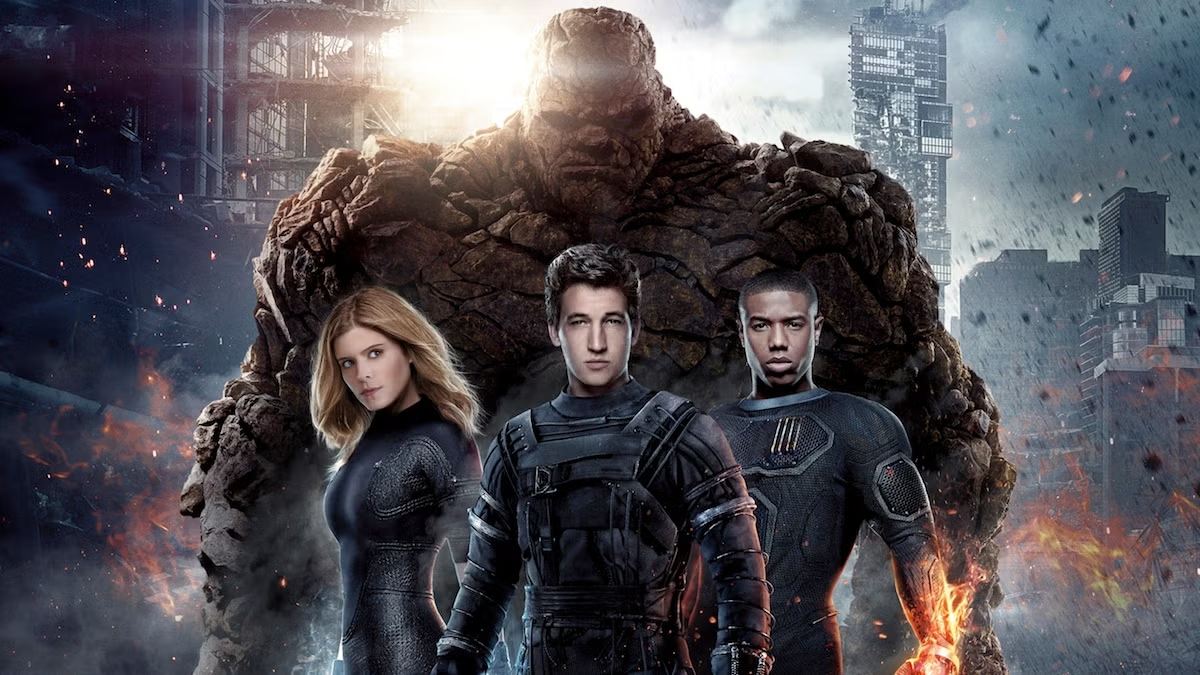
Nothing about the production of Josh Trank’s Fantastic Four (Fant4stic?) went according to plan. This is evident from the first frame to the last. A joyless, lethargic exercise in tedium, it’s towards the bottom of the barrel when it comes to the superhero movie subgenre.
The fault lays with both director Trank and studio Fox. One was allegedly erratic on set, the other demanded reshoots that effectively reconstructed the project from the ground up. The powers that be at Fox may not have liked Trank’s cut of the film, but it’s hard to imagine it being any more of a dud than the boring nonsense that (very few) audience members paid to see.
[Related: Fantastic Four Reboot Writer Addresses What Went Wrong With Film]
Suicide Squad (2016)

The DCEU may have gone off the financial rails towards the end, but there was a brief moment there when it looked like it could give the MCU a run for its money. Man of Steel wasn’t quite the hit Warner Bros. was hoping for, but it still generated nearly $300 million from domestic screens alone. Batman v Superman: Dawn of Justice fell victim to toxic word-of-mouth, and that alone could have been enough to kill the franchise before it even found its footing, but then David Ayer’s Suicide Squad came along.
Thanks to some strong marketing, the film nearly grossed as much as Batman v Superman. That’s no small feat considering that movie had DC’s two most iconic characters in the title and the film’s Suicide Squad was filled with virtual unknowns outside of Harley Quinn and Joker. Oh, and the fact that the final product is an utterly broken, jumbled mess of a tonal monstrosity that stands not just as one of the worst DC movies of all time, but one of the worst comic book movies, period. It would be truly interesting to see an “Ayer Cut” of the film, because what ended up hitting the big screen blatantly came from too many cooks in the kitchen, all of whom were seemingly working with cutlery that was new to them.
Justice League (2017)

There’s one movie on this list that has been saved by a director’s cut, and that’s Justice League. One of the most notoriously disastrous blockbuster film productions of all time, the Joss Whedon/Zack Snyder theatrical edition of Justice League is a true Frankenstein’s monster of a hollow experience. All of the admittedly grim life and personality that is present in Zack Snyder’s Justice League is removed in the theatrical cut, replaced instead with a few lame jokes, zero character development for Cyborg, and an overly-glossy visual tone that feels out of place.
The movie’s behind-the-scenes tumult, and subsequent bombing at the box office, was enough to serve as the beginning of the end for the DCEU and more than enough to tarnish all the goodwill Whedon gained via The Avengers‘ success. That will happen when you threaten several of your actors’ careers (including Gal Gadot’s). And, while Gadot and Ray Fisher didn’t shed light on Whedon’s on-set behavior until years later, the film’s reputation had already been dragged through the mud over and over before it played on a single screen.
Dark Phoenix (2019)

Simon Kinberg wrote 2006’s X-Men: The Last Stand, which was the first attempt to bring the Dark Phoenix storyline to the big screen. It was met with a mixed response at best. And, when it was announced that he’d make his directorial debut on a second attempt, fans figured there was nowhere to go but up. That wasn’t to be.
The X-Men film franchise was well on its way out by the time Dark Phoenix stumbled into theaters, with even the cast seeming bored with mutant adventures. 2011’s X-Men: First Class successfully rebooted the franchise, and 2014’s X-Men: Days of Future Past was an even bigger commercial hit, but when 2016’s poorly reviewed X-Men: Apocalypse debuted, it was clear that the series was treading water. It also reversed the financial upward trajectory experienced by the past two films. That continued in a major way with Dark Phoenix, which carried a massive $200 million budget, was plagued by negative press surrounding former X-Men director Bryan Singer, poor test screenings, reshoots (completely changing the third act), and a reshoot-caused delay. Suffice it to say, those reshoots are fully evident in the final product, with the film meandering along until it blazes to an unceremonious conclusion with its new train-based third act set piece.
The New Mutants (2020)

The New Mutants started filming right around the same time as Dark Phoenix, and like that film, it went through extensive reshoots. And, also like that film, word about the required reshoots spread like wildfire. Once the movie finally hit theaters, audiences had already shown that they’d fully lost interest in a non-MCU X-Men movie, and New Mutants only served to solidify that fact.
Furthermore, potential ticket buyers knew that the X-Men were bound to rebooted given Disney’s acquisition of Fox (which had already become official even before Dark Phoenix‘s release the year prior). It didn’t help that the movie was dumped into theaters at the height of the COVID-19 pandemic when only about 50% of the United States’ theaters were open. All in all, it’s a better movie than Dark Phoenix, but in this case “better” just means utterly forgettable instead of utterly laughable.
The Flash (2023)

Fans waited literal decades to see Michael Keaton reprise his role as Batman. Unfortunately, it was in The Flash. Is it a complete disaster? No, Suicide Squad is arguably worse, as is Shazam! Fury of the Gods and Wonder Woman 1984, but it’s still a bit of a forgettable experience.
The film drastically underperformed at the box office, signaling that the DCEU was officially on its way out. This wasn’t entirely unexpected given lead actor’s Ezra Miller extensive controversies and the movie’s fairly rote trailers, but it was still enough to make it one of the biggest box office bombs of all time. The film seems afraid to stand on its own, more often than not leaning on the presence of any superhero who isn’t the title character. It’s hard to blame the film’s failures on director Andy Muschietti, just as it’s hard to blame Suicide Squad on David Ayer. Again, it’s a case of too many cooks. Fortunately, James Gunn has tapped Muschietti for The Brave and the Bold for the DC Universe franchise, so the helmer of the IT duology will get his chance to show audiences what a superhero project that’s totally his looks like.
